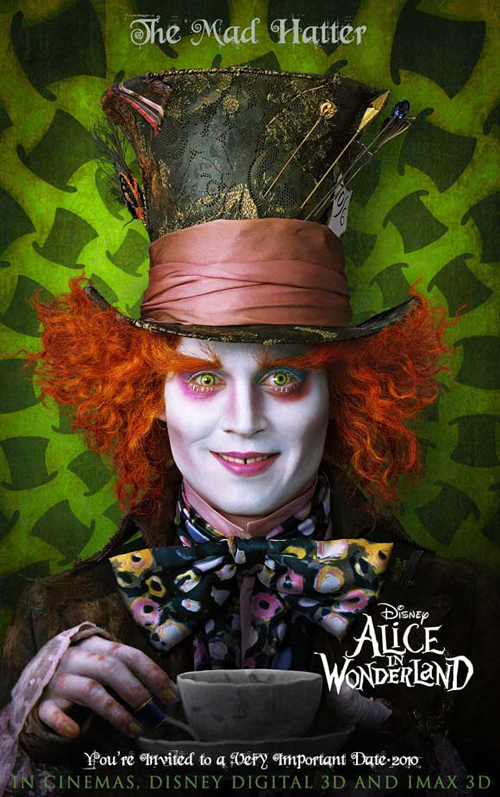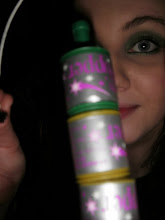
Tim Burton has become known for his gothic and dark style, most recently with the 3-D spectacular that is Alice in Wonderland. The use of the 3-D, now recognised as a decent art form thanks to Avatar (cough) finally realises the scope of Burton’s often peculiar and sometimes downright creepy aesthetic and although the film is visually pleasing, it also relies heavily on its soundtrack, composed by Danny Elfman. He has collaborated with Burton on the majority of his films, with only a few exceptions, one of which Ed Wood, and most notably Sweeny Todd: the Demon Barber of Fleet Street (2007) which was orchestrated by the original composer of the musical, Stephen Sondheim. Burton is well known for constantly teaming up with old cast and crew members, Johnny Depp, Danny DeVito and Helena Bonham Carter to name but a few. Elfman suggests that this constant collaboration is perfect for a film composer. “It’s a very elitist community, much more so than any other aspect of film.”
Alice in Wonderland goes back to the traditional Elfman style, where films like Charlie and the Chocolate Factory (2005) had an almost Howard Shore/The Fly quality, full of electronic, jagged beats, the new alliance has a much darker edge, perfectly complimenting the baron wasteland Burton portrays. Elfman implies that this approach is an outlook on life. “I’m not a doomist. My attitude is always to be critical of what’s around you, but never to forget how lucky we are.” This way of thinking has produced some of the most memorable scores; the best known is The Nightmare before Christmas (1993). Elfman has developed this gloomy and cheerless fashion of music writing from being completely in love with Halloween.
As well as the original scoring of the film, the album Almost Alice gives the film a rocky, modern edge that helps distinguish it from the Disney classic of 1951. Bands that almost everyone has heard of, unless you happen to live in a cave, contribute. The best known of these is Avril Lavigne’s inspirationally titled ‘Alice’. Of course this raises the question of whether original scoring or the use of source music makes a better contribution to films. In this case the original score wins out; the album is at best another advert for the film. Overall Elfman’s score helps Alice in Wonderland’s overall portrayal of a dark and twisted world come to life.
Quotes taken from the Music Connection article/ New York Times article

i want to see it!!! :)
ReplyDelete